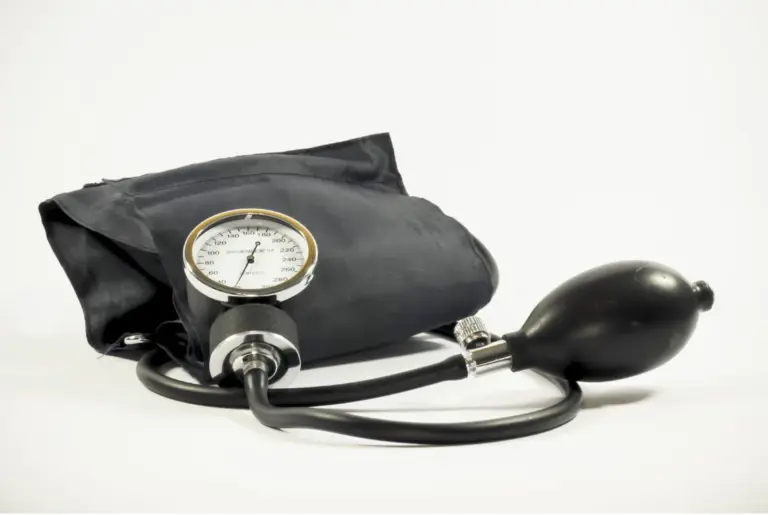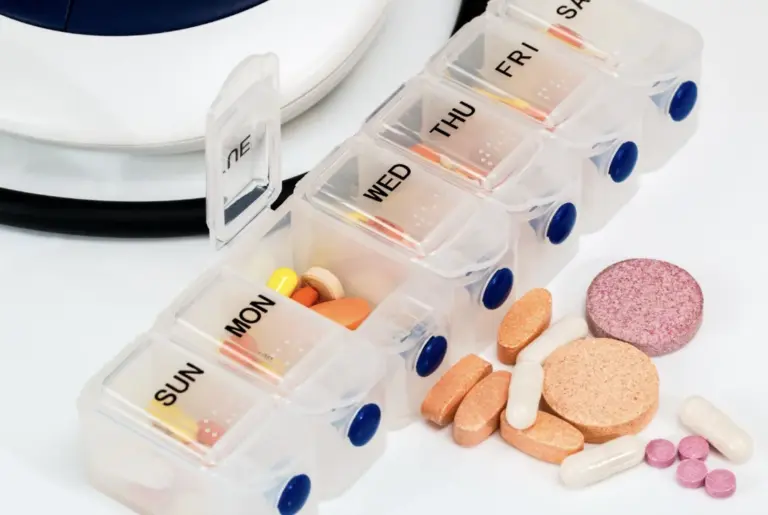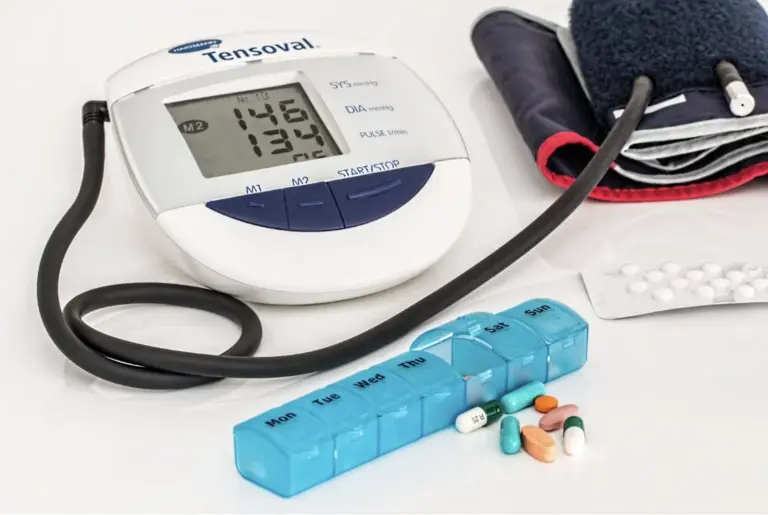What is Chronic Hypertension during Pregnancy?
Pregnancy is a miraculous time in a woman’s life, but it can also come with its fair share of challenges. One such challenge is chronic hypertension, which is a condition that affects a lot of women during their pregnancies. Chronic hypertension refers to high blood pressure that was present before pregnancy or diagnosed before 20 weeks of gestation. A pregnant woman can also develop high blood pressure during pregnancy, and in that case, it’s called gestational hypertension.
Both types of hypertension can have serious consequences for both the mother and the developing fetus, which is why it’s essential to understand the condition, its causes, and how it can be managed. Women who have chronic hypertension are at a higher risk of developing complications during pregnancy, such as preeclampsia, preterm delivery, and growth restriction of the fetus. It’s important to note that chronic hypertension can also worsen existing medical conditions, such as diabetes, kidney disease, and heart disease, which can further increase the risk of complications. However, with doctors’ guidelines and proper management, most women with chronic hypertension can have a healthy pregnancy and a healthy baby.
In this article, we’ll explore the ins and outs of chronic hypertension in pregnancy, so you can be better equipped to handle it if it arises during your pregnancy.
Why is high blood pressure a problem during pregnancy?
High blood pressure in pregnancy can be a cause of concern, as it can have serious consequences for both the mother and the developing fetus. Here are some reasons why:
- Risk of preeclampsia: High blood pressure can increase the risk of developing preeclampsia, a potentially life-threatening condition that can damage the mother’s organs and restrict blood flow to the fetus. Symptoms of preeclampsia include high blood pressure, protein in the urine, swelling, headaches, and visual disturbances.
- Placental complications: Chronic hypertension during pregnancy can affect the development of the placenta, which is responsible for providing oxygen and nutrients to the fetus. This can lead to complications such as placental insufficiency, which can restrict the growth and development of the fetus.
- Premature birth: Chronic hypertension in pregnancy can increase the risk of premature birth, which can lead to a range of health problems for the baby, including respiratory distress, bleeding in the brain, and developmental delays.
- Maternal complications: Chronic hypertension in pregnancy can also increase the risk of maternal complications such as stroke, heart disease, and kidney damage. These complications can have long-lasting effects on the mother’s health and well-being.
Treatment After Pregnancy
Managing chronic hypertension after pregnancy is important to prevent long-term health complications. If you had chronic hypertension before or during pregnancy, your healthcare provider may give hypertension treatment guidelines for pregnant women that include treatment options such as:
- Medications: If you were taking blood pressure medications during pregnancy, your healthcare provider may adjust your dosage or switch to a different medication after delivery. Some medications are not recommended for breastfeeding mothers, so it’s important to discuss your options with your healthcare provider.
- Lifestyle changes: Making lifestyle changes such as a healthy diet, regular exercise, stress reduction, and quitting smoking can help lower blood pressure and reduce the risk of long-term health complications.
- Follow-up appointments: Your healthcare provider may recommend regular follow-up appointments to monitor your blood pressure and overall health.
- Monitoring: Regular blood pressure checks and monitoring of kidney function and other organs may be recommended to detect any potential complications early.
- Family planning: If you’re considering having another baby, it’s important to discuss the risks and potential complications of chronic hypertension with your healthcare provider. They may recommend certain precautions or medications to minimize the risks to you and your baby.
Managing chronic hypertension is a lifelong commitment, but with the right treatment and lifestyle changes, you can reduce your risk of long-term health complications and enjoy a healthy and happy life with your family.
Conclusion
Pregnancy is a wonderful time in a woman’s life, but it’s important to be aware of potential health risks along the way. One such risk is chronic hypertension, which can have serious consequences for both you and your baby. It’s important to remember that knowledge is power. By understanding the risks and consequences of this condition, you can take proactive steps to manage your blood pressure and protect your health and the health of your baby.
If you have any concerns about chronic hypertension during pregnancy or are looking for a healthcare provider who specializes in this area, we encourage you to take action and seek help. Remember, you are not alone, and there are many resources available to support you on your journey.
You can also easily find the right physician for you by visiting our find a physician page which can help you connect with highly qualified physicians who specialize in this area. So don’t hesitate to reach out and take the first step towards a healthier future for both you and your little one!
FAQs on Chronic Hypertension during Pregnancy
1) What is considered chronic hypertension in pregnancy?
Chronic hypertension is a condition where a pregnant woman has high blood pressure before pregnancy or before 20 weeks of pregnancy. It is important to differentiate chronic hypertension in pregnancy or gestational hypertension, which develops after 20 weeks of pregnancy and usually resolves after delivery.
2) What is the most common cause of chronic hypertension in pregnancy?
The exact cause of chronic hypertension is still unknown, but it is believed to be caused by a combination of genetic and environmental factors. Some underlying medical conditions such as kidney disease or gestational diabetes can also cause chronic hypertension.
3) How does chronic hypertension affect the fetus?
Chronic hypertension can restrict fetal growth, and lead to preterm delivery, and even stillbirth. High blood pressure can reduce blood flow to the placenta, which can limit the amount of oxygen and nutrients reaching the baby. In addition, chronic hypertension can increase the risk of preeclampsia, a life-threatening condition that can harm both the mother and baby.
Disclaimer
The information contained in this article is to educate, spread awareness in relation to hypertension and other diseases to the public at large. The contents of this article are created and developed by BPinControl.in through its authors, which has necessary, authorisations, license, approvals, permits etc to allow usage of this articles on The Website. The views and opinions expressed in this article are views, opinions of the respective authors and are independently endorsed by doctors. Although great care has been taken in compiling and checking the information in this article, The Website shall not be responsible, or in any way liable for any errors, omissions or inaccuracies in this article whether arising from negligence or otherwise, or for any consequences arising therefrom. The content of this article is not a substitute for any medical advice. The Website shall not be held responsible or liable for any consequence arising out of reliance on the information provided in the article.




